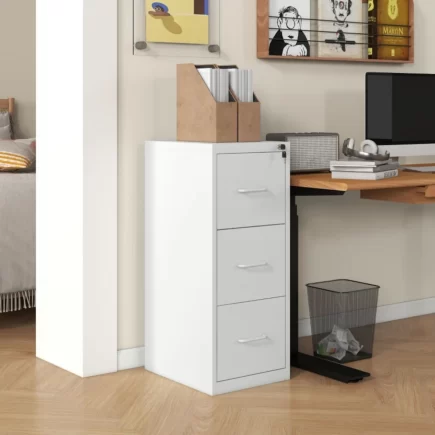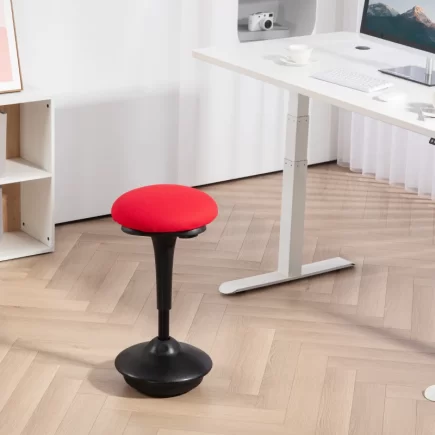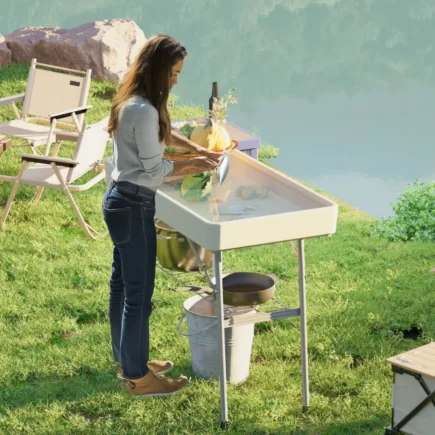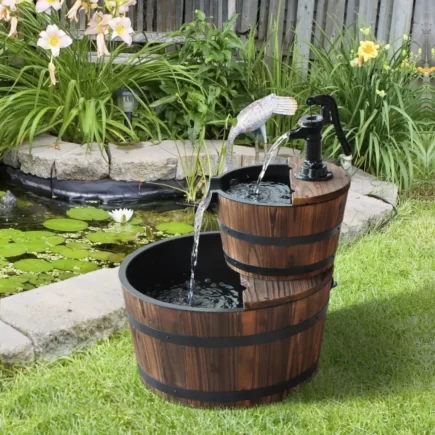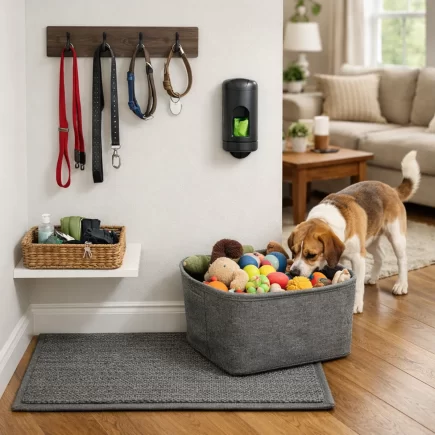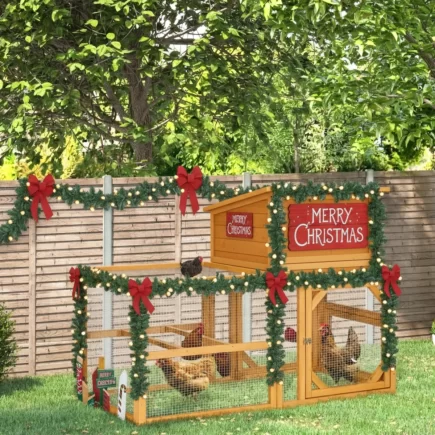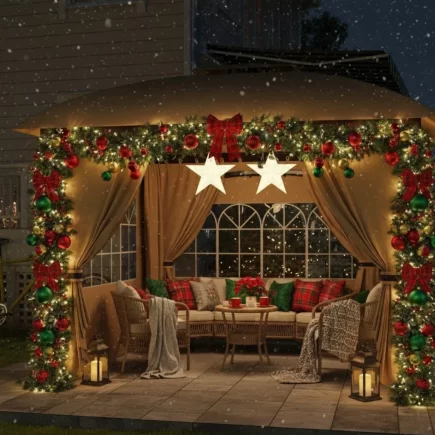It may sound strange that a machine built to cool your home can actually become too cold and freeze, but this is a common problem. When ice forms inside your air conditioner, it interferes with airflow, reduces cooling power, and can even cause lasting damage if ignored.

A frozen air conditioner is more than an inconvenience. Left unresolved, it leads to higher energy bills, water leakage, and expensive repairs. Understanding the causes, spotting the warning signs, and taking action early are the keys to keeping your cooling system reliable and efficient all season long.
Main Causes of a Frozen Air Conditioner
Air conditioners freeze when something interrupts the balance of airflow, temperature, and refrigerant pressure. Here are the leading causes.
Low Refrigerant Levels or Leaks
Refrigerant is the chemical that absorbs heat indoors and releases it outdoors. If the refrigerant level drops, usually because of a leak, the pressure in the system falls. This makes the refrigerant expand more than it should, lowering the coil temperature to the point where condensation turns into ice.
Signs of a refrigerant issue include:
- Hissing or bubbling sounds from the lines.
- Oily residue near refrigerant fittings.
- AC running constantly but not cooling well.
Poor Airflow
Airflow is critical for keeping the evaporator coil warm enough to prevent freezing. When airflow is restricted, the coil gets too cold, and moisture turns into ice. Common reasons include:
- Dirty filters are not replaced often enough.
- Blocked supply registers covered by rugs, furniture, or drapes.
- Leaky ducts that let cooled air escape before reaching rooms.
Dirty Evaporator Coils
Dust and dirt gradually settle on evaporator coils even when filters are changed. This coating acts like insulation, blocking heat transfer. When the coil cannot absorb heat properly, the surface temperature drops, and frost forms.Because coils are delicate, cleaning them is best left to a professional.

Faulty Blower Fan or Motor
The blower fan pushes air over the evaporator coil. If it fails or slows due to a motor fault, poor belt tension, or electrical issue, airflow is reduced and the coil freezes. A failing blower often makes rattling, buzzing, or grinding noises.

Thermostat Malfunctions
A thermostat that does not measure room temperature correctly may keep the AC running too long. This can overcool the coil and cause freezing. Nighttime freezing is often linked to thermostat faults.
Electrical or Sensor Issues
While airflow and refrigerant problems are the most common causes, electrical faults can also lead to freezing. If wiring connections are loose or damaged, the blower fan or other components may not operate properly, reducing airflow across the coil.Similarly, a faulty sensor or control board can interfere with how the system cycles on and off.
The Role of Climate and Humidity
Cool Nights and Seasonal Drops
Air conditioners are designed for warm weather. Running them when the outdoor temperature drops below about 16°C (62°F) throws off the balance between refrigerant and airflow. The coil cools too much, condensation freezes, and ice spreads across the unit.
Tip: Program thermostats to reduce cooling at night or switch to fan mode.
High Humidity
Moisture condenses on coils during normal operation. On very humid days, extra condensation forms and may freeze if airflow is weak.
Tip: Use a dehumidifier in damp spaces like basements to reduce load on your AC.
Prevention Tips to Avoid Future Freezing
Preventing freezing is easier and cheaper than repairing it. Here is a full plan for homeowners.
Clean or Replace Filters Regularly
Clean the filter, especially during summer, or replace it depending on its condition. Keeping filters clean is one of the simplest ways to ensure proper airflow and helps prevent the coils from freezing.
Keep Vents and Ducts Free of Blockages
Ensure vents are clear and ducts are sealed. A professional inspection can catch hidden leaks.
Schedule Seasonal Maintenance and Coil Cleaning
A spring tune-up allows technicians to clean coils, check refrigerant, and ensure airflow is balanced.
Set Thermostat at Proper Levels
Avoid extreme settings. Keep cooling temperatures reasonable, usually between 21–24°C for comfort and efficiency.
Check System Before Peak Summer Use
Run your AC in late spring to test performance and catch issues early.

Risks of Ignoring AC Freezing
| Risk | Effect on Home | Effect on System |
| Higher energy use | Bigger hydro bills | Lower efficiency |
| Water leakage | Damage, mould risk | Overflow issues |
| Compressor damage | Loss of cooling | Expensive repairs |
| Shorter lifespan | Frequent breakdowns | Early replacement |
Detailed Checklists for Homeowners
DIY Steps to Prevent Freezing
- Clean filters every 1–3 week.
- Keep vents clear of obstructions.
- Avoid running AC below 16°C outside.
- Use ceiling fans to reduce strain.
- Run fan-only mode for an hour weekly to keep coils dry.
When to Call a Technician
- Ice forms repeatedly after changing filters.
- Warm air continues even after thawing.
- You hear hissing, buzzing, or grinding.
- Water leakage appears around the unit.
A frozen Air Conditioner signals that something in the system is not working as it should. Whether it’s refrigerant issues, restricted airflow, electrical faults, or environmental factors, the root causes are usually preventable with proper care. Acting quickly when you notice ice, scheduling regular maintenance, and using your AC under the right conditions will keep the system running smoothly.
By staying proactive, you not only avoid costly repairs but also extend the life of your unit, lower your energy bills, and enjoy reliable cooling all season long.
FAQs
1. How long should you leave an AC unit off to unfreeze?
A frozen air conditioner typically needs around 24 hours to fully thaw after being switched off. In some cases, smaller units or lighter freezes may clear sooner, but allowing a full day ensures proper defrosting and prevents further damage. Regular maintenance helps reduce the risk of freezing.
2. Does the size of my AC unit affect the chance of freezing?
Absolutely. An oversized unit may short-cycle, while an undersized one runs constantly. Both scenarios can increase the risk of freezing.
3. Is using an extension cord with a portable AC linked to freezing?
Yes, using an extension cord with a portable AC can be risky. Reduced voltage may weaken the blower, restrict airflow, and increase the chances of the unit freezing.

